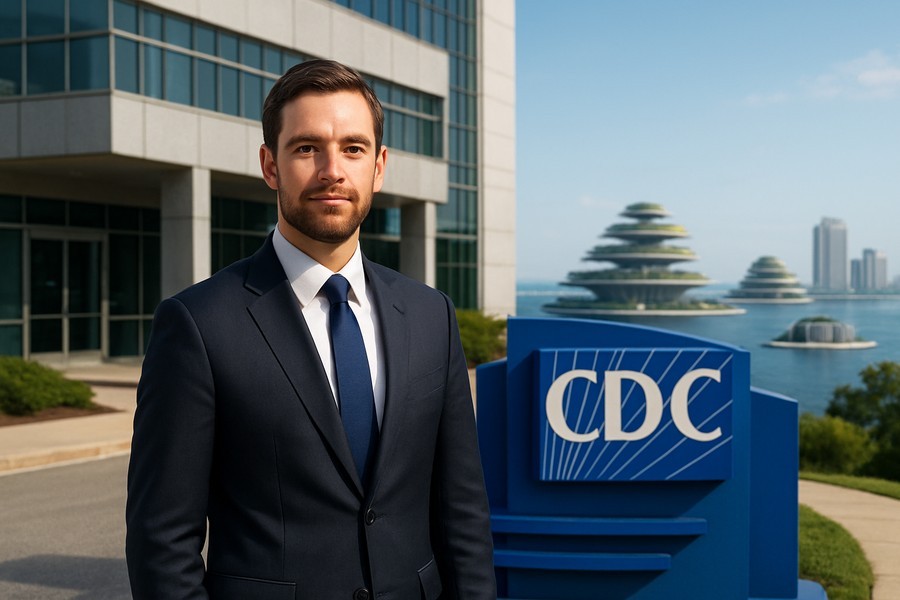
Health and Human Services Appoints New CDC Director
The Department of Health and Human Services (HHS) has announced a new acting director for the Centers for Disease Control and Prevention (CDC), replacing a government scientist who had held the position for a relatively short period. The outgoing director reportedly declined to approve directives she deemed scientifically unsound and refused to terminate committed health experts.
Who is the New CDC Director?
The freshly appointed acting director brings a unique background to the role. He previously worked with a billionaire tech investor, assisting with his investment funds and managing some of his other projects. One such project was a non-profit organization aimed at creating artificial islands outside U.S. jurisdiction, potentially allowing for experimentation with new governance models.
Interestingly, the new director does not have a background in medicine or healthcare, but rather holds degrees in humanities. His past work experience includes a six-year stint at HHS under a former U.S. President. Despite his unconventional background for the role, those who know him believe he could bring a calming influence to the CDC.
A Low-Profile Health Official
Unlike other top health officials, the new director has maintained a relatively low profile. His previous experience within HHS sets him apart from his counterparts, most of whom joined the administration as outsiders. However, the degree of autonomy he will have in his new role remains unclear.
While he is not closely affiliated with the current HHS Secretary's health initiative, he has not been a vocal critic of public health measures during the recent health crisis. In fact, he has used social media to critique the Food and Drug Administration's (FDA) efforts to curtail the use of unverified treatments for the recent virus.
A Proponent of Less Regulation
The new director has ties to the libertarian wing of the Republican Party, including his past collaboration with a prominent tech investor. He has expressed criticism of various facets of the federal bureaucracy, arguing that they stifle advancements in medicine and technology. He was once considered as a potential leader for the FDA, but his controversial statements about the agency's role raised concerns among pharmaceutical and medical technology executives.
Specifically, he suggested that the FDA should abandon its decades-old mandate to ensure new drugs are both safe and effective before hitting the market. Instead, he proposed that drug effectiveness could be determined after they are already available to consumers.
Vaccine Policies in Focus
The new director has expressed support for the CDC's role in overseeing vaccines and has refrained from criticizing the HHS Secretary's views on the subject. He will soon face decisions regarding new CDC panel recommendations for vaccines against measles, hepatitis, and other conditions. These vaccines have been a standard part of the government's recommended schedule for children for years.
Typically, the CDC director approves the panel's recommendations. However, the outgoing director was dismissed in part because she refused to automatically approve the panel's suggestions. The new director's term as an acting official is legally limited to 210 days before he must either step down or be formally nominated for the post.
The Challenges of Dual Roles
The new acting director will maintain his current role at HHS while leading the CDC, a dual responsibility that could prove challenging. Also, recent upheaval at the CDC, including the departure of four veteran directors, has left the agency with few leaders with backgrounds in medicine, science, or public health crisis management.
